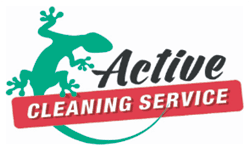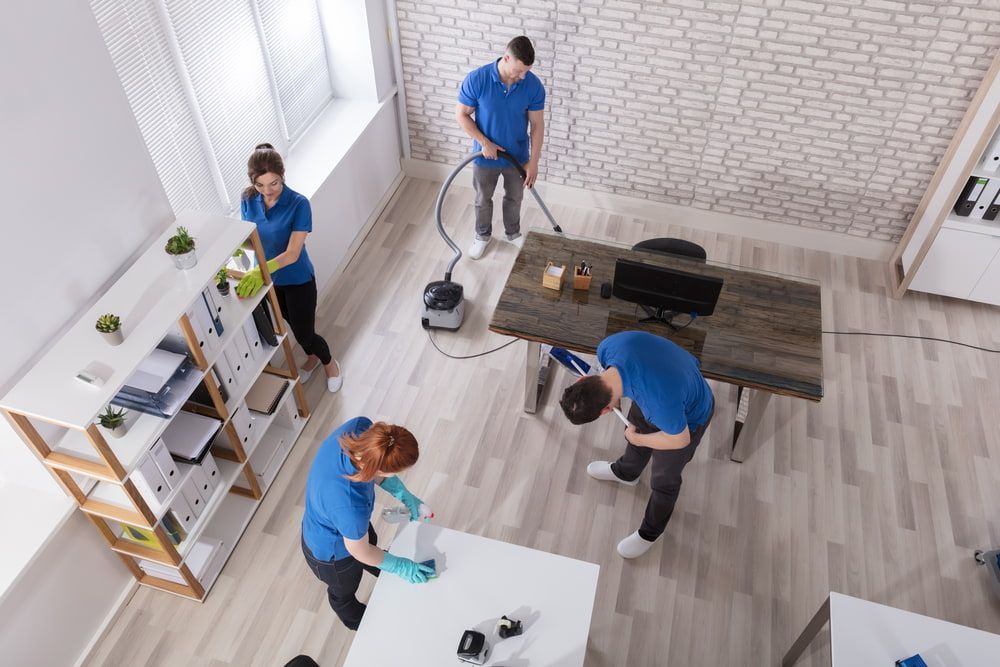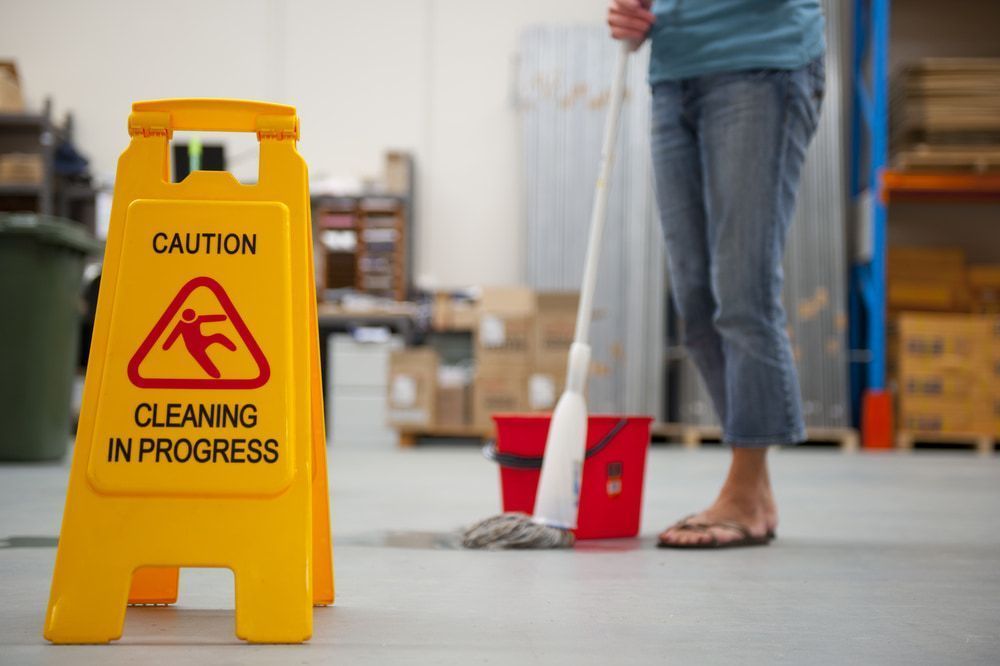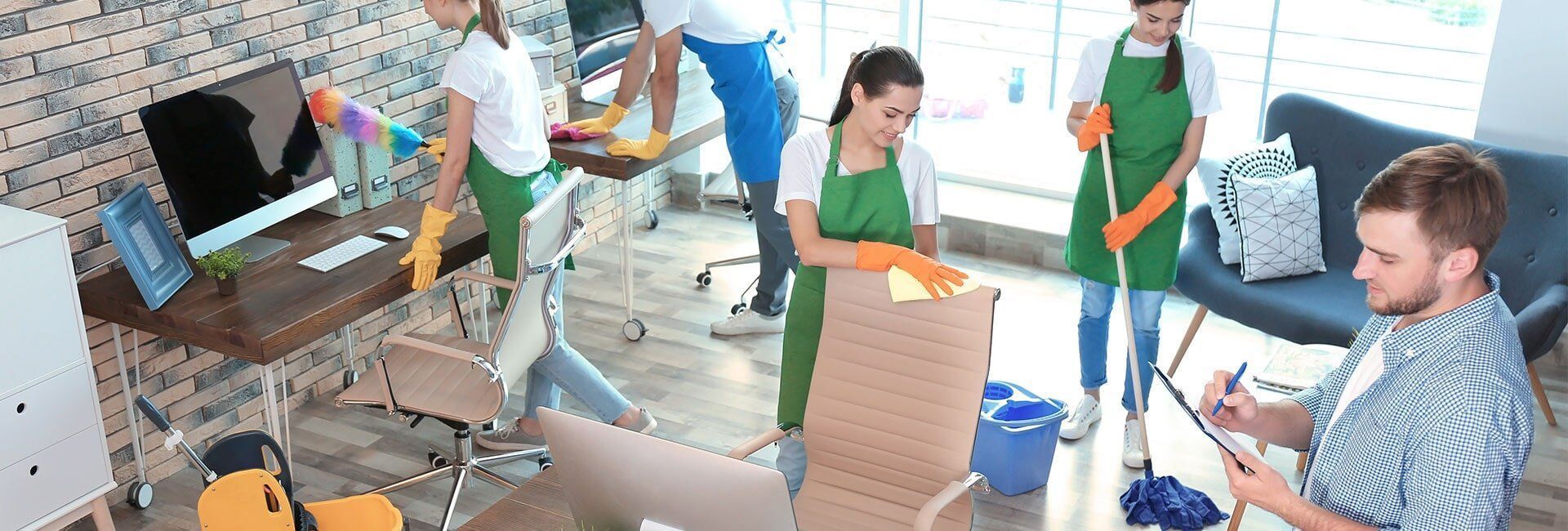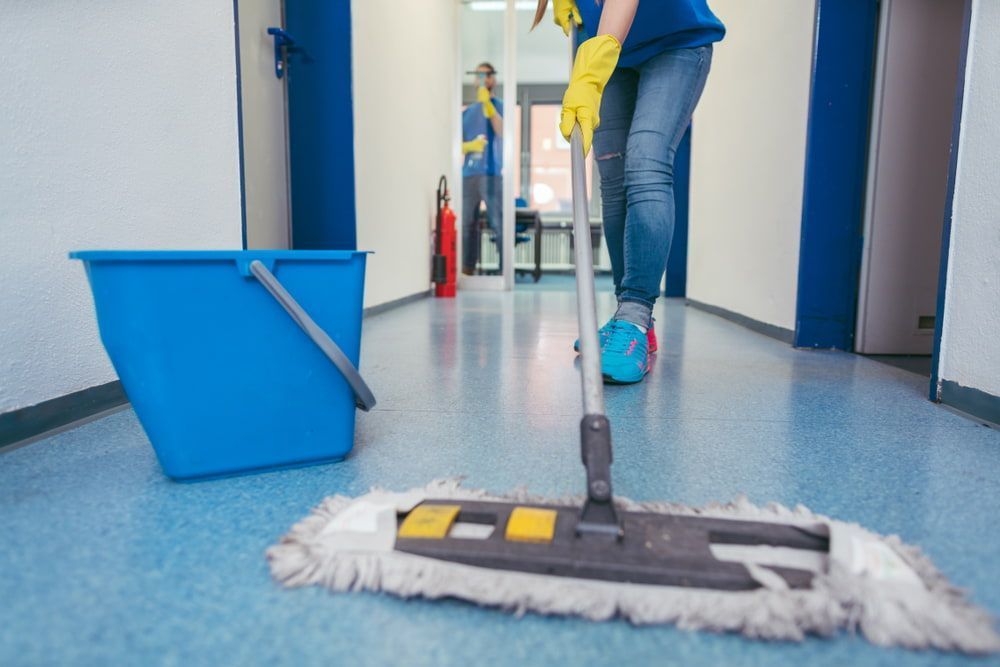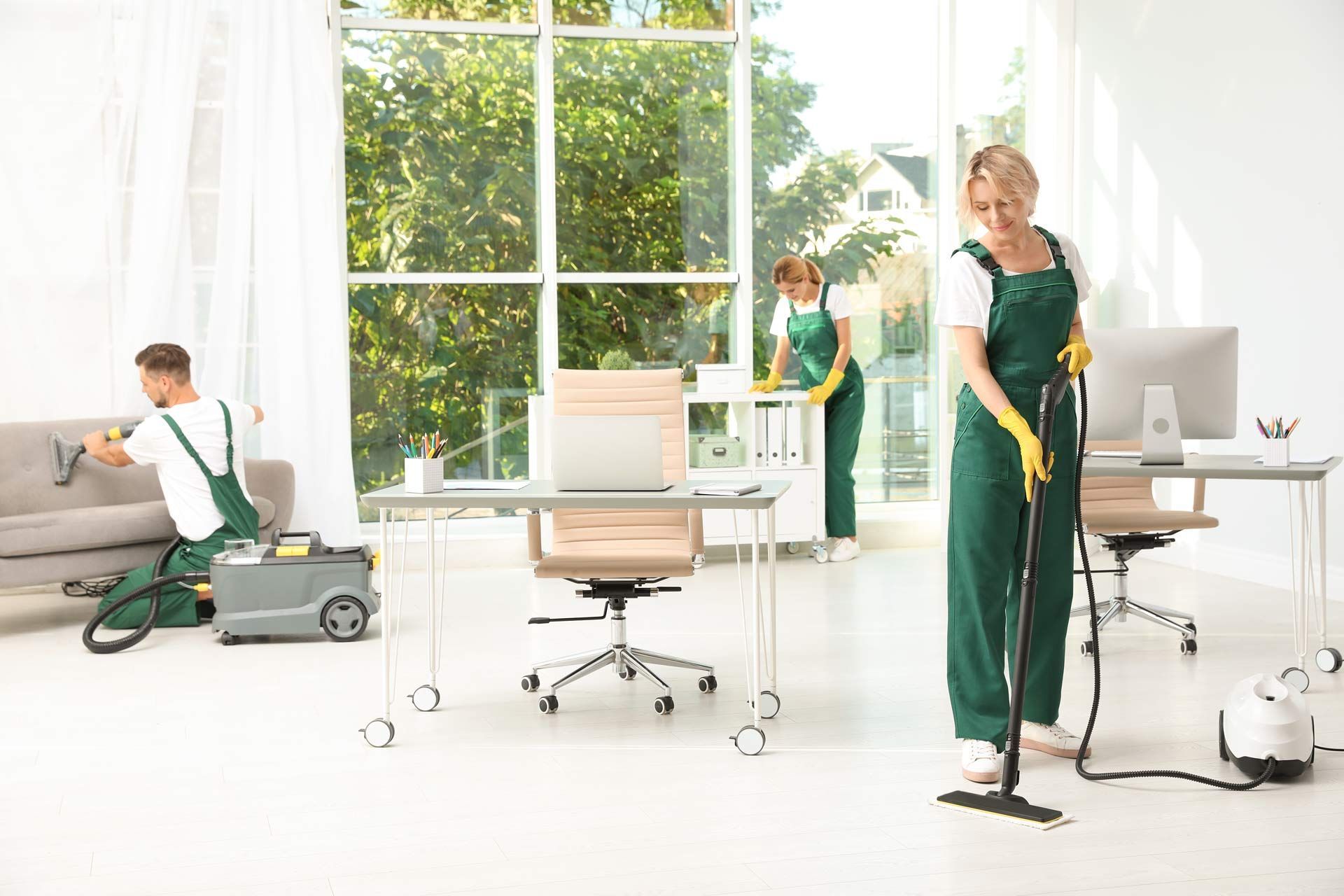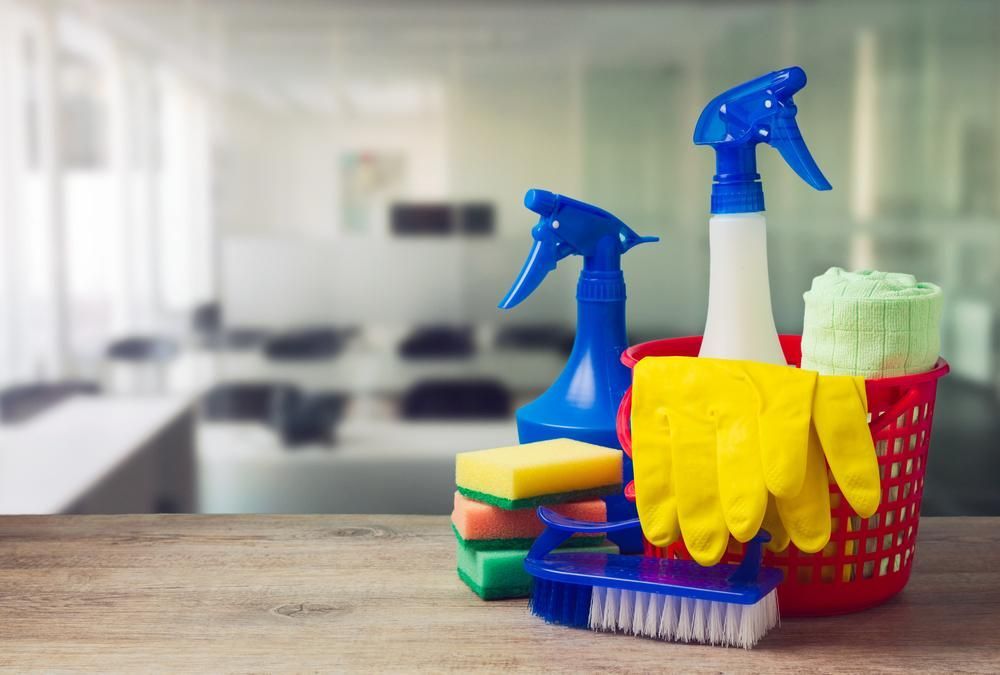How NDIS Cleaning Services Can Support Independent Living in Newcastle
Living independently as an NDIS participant brings both opportunity and challenge. The freedom of managing your own home is empowering, but everyday tasks like cleaning can pose physical, emotional, and safety hurdles. For many people, maintaining a clean, safe living space is key to well-being and autonomy. Here’s how regular, professional NDIS cleaning services can make a real difference.
Living amidst clutter, dust or slips from spills may not seem like much—but these small obstacles can quickly erode confidence, raise health risks and create barriers to independence. A reliable cleaning routine helps reduce dangers and stress, freeing time and energy for the things that truly matter. With the right support tailored to individual needs, cleaning becomes more than tidying—it becomes a practical way to nurture independence, health and ease in everyday life.
Below are eight ways NDIS cleaning services can support independent living:
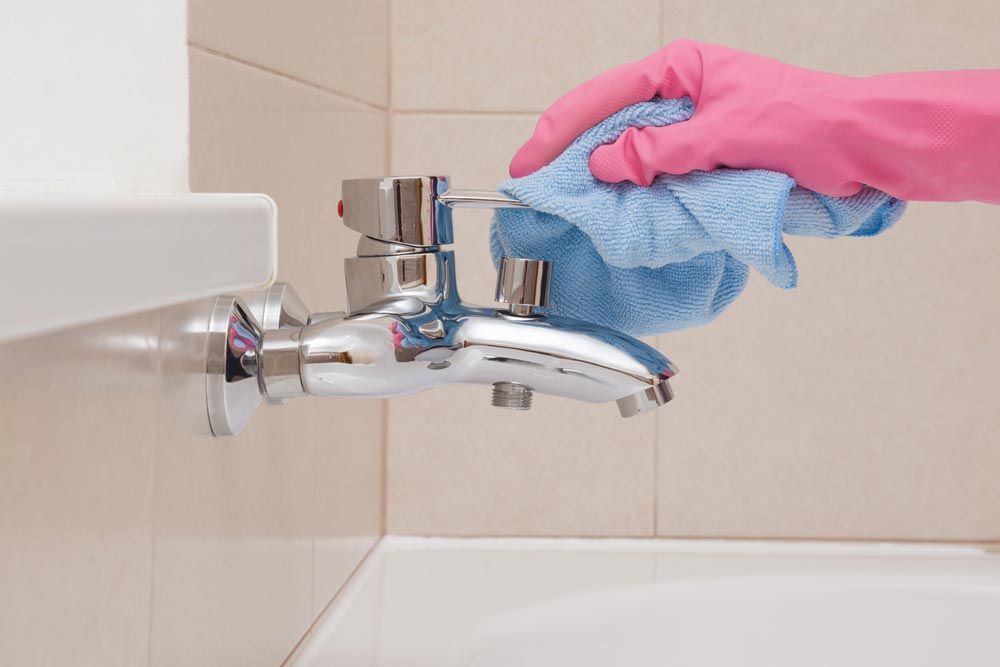
Creating a Safe & Hygienic Home Environment
Keeping a home clean is about more than appearance; it is about safety, comfort, and health. Participants can focus on living, not scrubbing.
- Regular dusting and vacuuming reduce allergens that trigger respiratory issues.
- Cleaning and sanitising high‑touch areas (like door handles and light switches) lowers the chance of infection.
- Bathroom and kitchen deep‑cleans help prevent mould, mildew and bacteria buildup.
- Floors and surfaces are kept dry and free of spills, reducing the risk of slips, trips or falls.
These tasks form the backbone of a hygienic, secure home and play a major role in preserving participants’ well-being.
Supporting Participants with Mobility Challenges
When movement is limited, cleaning tasks become daunting. Here’s how professional support eases that burden:
- Reaching high shelves or cupboards can be difficult—cleaners handle accessible and difficult‑to‑reach areas.
- Wiping, mopping and lifting appliances may be strenuous—contractors manage these safely and affordably.
- Moving furniture to clean underneath helps reduce trip hazards and maintain thorough cleanliness.
By providing tailored support, cleaners empower participants with mobility concerns to live confidently in spaces that support their physical needs.
Promoting Mental Wellbeing Through a Clean Space
A tidy, organised home can lift mood, spark calm, and restore a sense of control. Living with a disability is often accompanied by stresses—external or internal—so a maintained environment can offer significant emotional comfort.
Here, a clean home isn’t just physical—it’s psychological. It helps ease feelings of overwhelm, supports mental clarity, and offers the peace of mind that your space is cared for. This allows you to focus energy on tasks or social connections rather than a mess.
Helping Participants Maintain Their NDIS Plans
Consistency matters when striving toward plan goals. A regular cleaning schedule supports both independence goals and everyday functioning. Consider these types of plan outcomes that cleaning services support:
Enhancing daily living skills
Participants practice organisation and cleanliness routines while cleaner support establishes a baseline environment in which to thrive.
Sustaining health, safety and comfort
A clean home helps participants stay healthy, avoid hazards and sustain comfort—a goal frequently outlined in NDIS plans.
Increasing social and community participation
When living spaces are clean, participants feel more ready to welcome visitors, engage with support networks and participate in life without worrying about untidiness.
With cleaning support woven into their routine, participants can better meet their NDIS goals while experiencing day‑to‑day ease.
Reducing the Burden on Informal Carers
Family and friends often step in to help—but juggling many caring roles can be overwhelming. Professional cleaning services ease that strain.
- Tasks no longer fall on informal carers after work, reducing fatigue.
- Carers can focus on meaningful, relational care rather than routine chores.
- Clear role boundaries emerge, improving both practical and emotional support dynamics.
When cleaning is entrusted to a skilled team, carers and participants benefit from strengthened relationships and restored energy for priority tasks.
Enabling Customised Cleaning Based on Individual Needs
No two homes or circumstances are the same. Cleaning services adapt to match personal needs, preferences and challenges.
| Task Type | Standard Cleaning | Customised Support Examples |
|---|---|---|
| Bathroom/kitchen | Regular wipe and mop | Focus on accessible surfaces, textured floors, etc. |
| High-reach areas | Occasional dusting | Frequent attention to items participants often use |
| Floors and pathways | Basic vacuuming | Targeted cleaning around mobility aids or walkways |
| Laundry or linens | General service | Handling delicate items or specific folding methods |
This flexibility ensures cleaning is effective and meaningful for each individual’s routine and comfort.
Building Trust & Routine with Familiar Cleaners
Consistency builds rapport, and having the same trusted cleaner visit regularly can feel reassuring for participants.
Imagine setting up with a familiar face: someone who knows the layout of your home, your preferences, or your comfort level in having someone come inside. This relationship fosters:
- A sense of safety in routines.
- Efficiency, since cleaners need less time to adapt.
- Emotional ease is achieved through a consistently clean home, trust, and familiarity.
These relationships transform cleaning from a task into a supportive and dependable presence in someone’s life.
Encouraging Greater Independence Over Time
Support today can pave the way for more autonomy down the track. Through professional cleaning, participants can gradually build skills, confidence and independence.
Early Stage—Baseline Support
Cleaners take full responsibility for tasks, ensuring safe, clean surroundings.
Middle Stage—Shared Responsibility
Participants begin to handle light tasks—tidying or organising—while cleaners continue deeper work.
Later Stage—Increased Participant-Led Care
Participants resume a high degree of cleaning themselves, having learned routines and techniques through experience and habit.
Through progressive engagement, participants reclaim ownership of their domain—with support acting as a bridge, not a crutch.
Discover How NDIS Cleaning Services Can Make Daily Living Easier
Active Cleaning Service supports NDIS participants in Newcastle by delivering professional, flexible cleaning services tailored to individual needs. Whether the goal is to maintain a hygienic environment, reduce reliance on carers, or meet NDIS daily living plan requirements, their team provides dependable assistance that promotes comfort, safety and independence at home.
Services are delivered by trained, police-checked cleaners who prioritise consistency, respect and reliability—building trust through regular support and familiar faces. With options for general housekeeping, spring cleans, and ongoing scheduled visits, participants can choose a cleaning plan that best fits their lifestyle and health goals.
Contact the team to discuss service options or schedule a consultation that supports your unique needs and helps foster long-term independent living.
